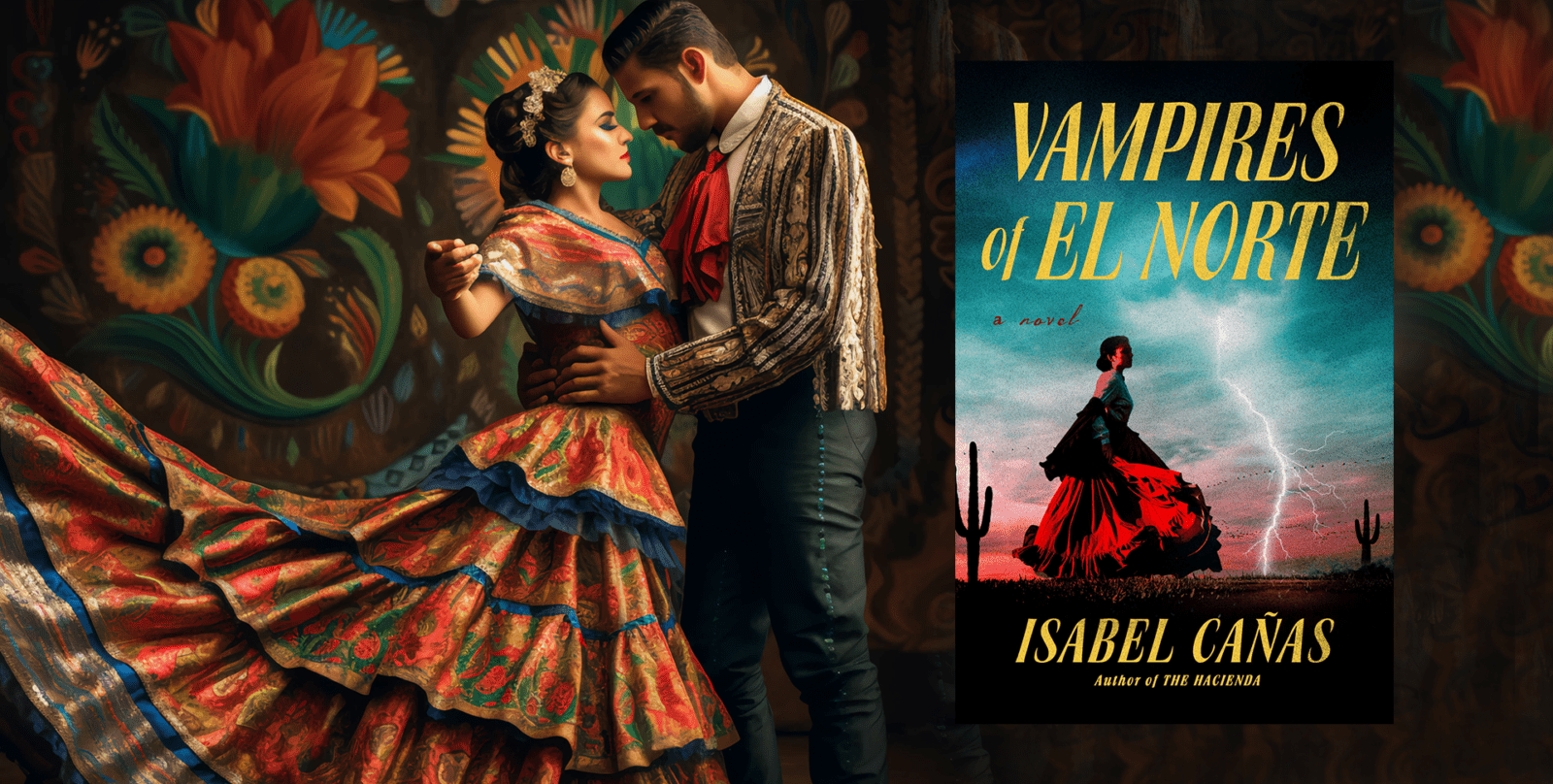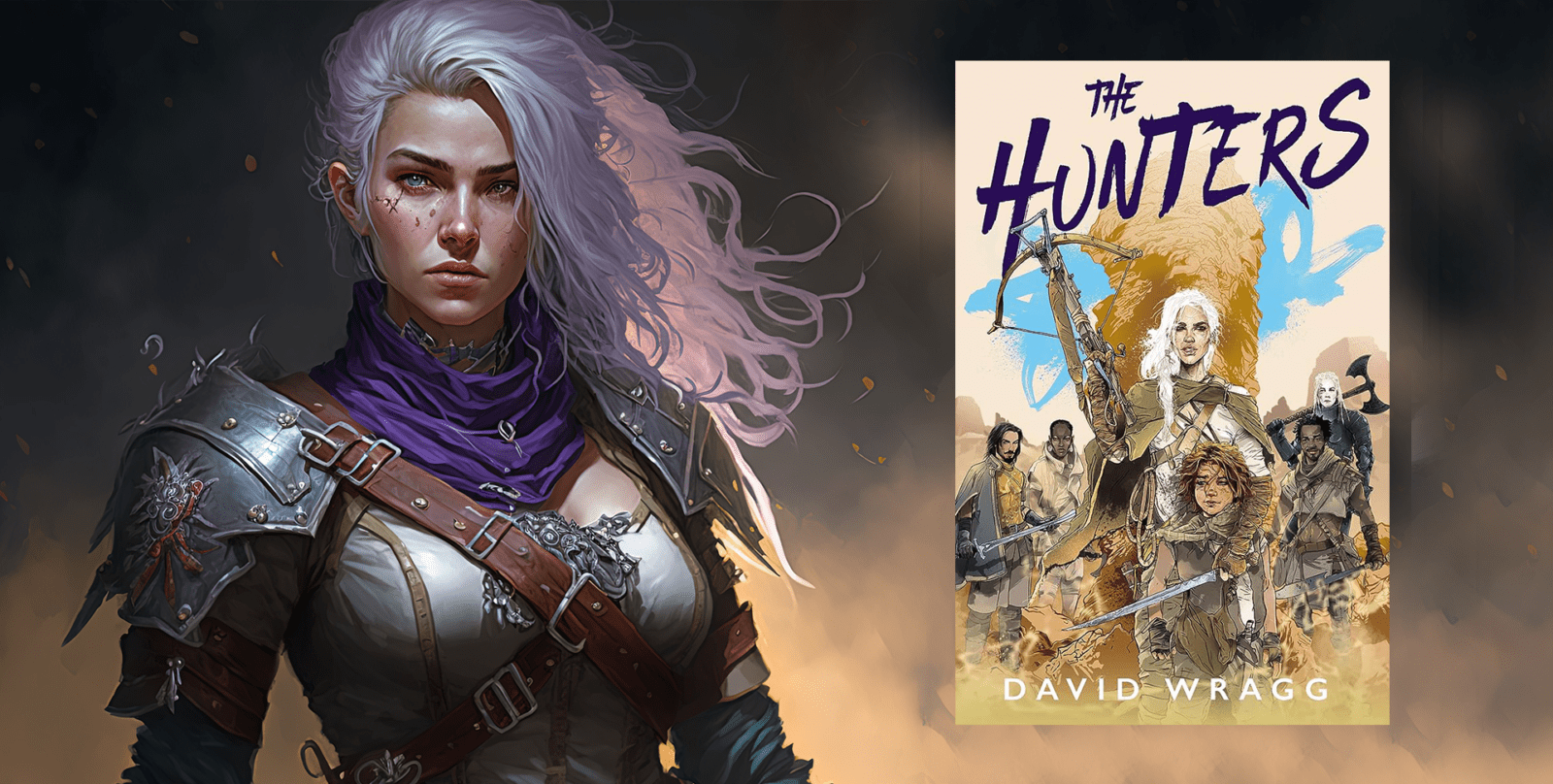Introduction:
Only the extraordinary belong in the kingdom of Ilya—the exceptional, the empowered, the Elites.
The powers these Elites have possessed for decades were graciously gifted to them by the Plague, though not all were fortunate enough to both survive the sickness and reap the reward. Those born Ordinary are just that—ordinary. And when the king decreed that all Ordinaries be banished in order to preserve his Elite society, lacking an ability suddenly became a crime—making Paedyn Gray a felon by fate and a thief by necessity.
Surviving in the slums as an Ordinary is no simple task, and Paedyn knows this better than most. Having been trained by her father to be overly observant since she was a child, Paedyn poses as a Psychic in the crowded city, blending in with the Elites as best she can in order to stay alive and out of trouble. Easier said than done.
When Paeydn unsuspectingly saves one of Ilyas princes, she finds herself thrown into the Purging Trials. The brutal competition exists to showcase the Elites’ powers—the very thing Paedyn lacks. If the Trials and the opponents within them don’t kill her, the prince she’s fighting feelings for certainly will if he discovers what she is—completely Ordinary.
Review:
Despite all the glowing reviews on tiktok I found Powerless by Lauren Roberts to be mediocre and unoriginal. What’s disheartening more was that, being an ardent reader, I was able to readily identify all the specific young adult novels that served as the foundation for the scenes within Powerless. The term “served as the foundation” is rather lenient, as I sensed a striking resemblance between the scenes in question.
Recognizing that Lauren is embarking on her debut as an author, I held no extravagant expectations for her work to astound me, acknowledging the inherent challenges of the writing process. Nonetheless, I did hold a reasonable expectation for her to present a narrative that possesses both uniqueness and the capacity to provide a pleasurable reading experience.
Though the narrative’s pacing posed no issue for me, I did identify a deficiency in the construction of the story’s world. Furthermore, the characters and their trajectories struck me as rather conventional and devoid of innovation. I also found the magic system to be quite underwhelming, particularly considering its remarkable resemblance to numerous instances of the same magic system that have been reiterated extensively in the past.
Labeling Ilya as a “kingdom” and King Edric as a “king” seems somewhat incongruous, especially considering the confined scope of merely being a town. In essence, King Edric’s role appeared more akin to that of a “lord” within this context, rather than a full-fledged king. Even if I were to classify Ilya as a town, the administrative structure exhibited a remarkable fragility. Apart from the king, the princes, and the presence of Imperial soldiers, the narrative offered scant proof of the existence of any additional governing entities.
I found myself somewhat disconcerted by King Edric’s decision to seclude Kitt, the impending monarch, from the intricacies of the kingdom. This choice appeared perplexing, especially given Kitt’s status as the heir to the throne. It gave the impression that the king was intentionally predisposing Kitt to potential failure by neglecting to provide him with the necessary education about the realm he was destined to govern—a task undoubtedly demanding and intricate.
Another aspect that left me perplexed was the rationale behind King Edric’s specific targeting of Paedyn. Considering the resources and authority at his disposal, it appeared implausible that he would go to such lengths merely to engage with and taunt Paedyn. The motivation behind this action seemed lacking in credibility, given the king’s stature and capabilities, which cast doubt on the necessity and authenticity of the confrontation.
The concept of the ‘Trials’ remained somewhat enigmatic to me throughout the narrative. I struggled to discern a genuine purpose behind their existence within the kingdom. It appeared that these Trials predominantly served as a source of amusement for the populace, failing to contribute any meaningful function to the governance or stability of the realm. This circumstance further underscored my reservations about the kingdom’s overall coherence and robustness.
Kitt’s character did manage to capture my interest. His narrative trajectory seemed to echo the development of a villain’s origin story, which intriguingly resonated with me. Both Paedyn and Kai (Malakai), were by no means poorly constructed characters. Their portrayal was good, and their exchanges and interplay were notably well-crafted. Nevertheless, their personas seemed to lack a distinct sense of originality, and I found myself unable to forge a profound emotional bond with them as a reader.
Despite Powerless falling short on originality, Lauren possesses significant potential as an author. I hope that in her upcoming creations, she will focus more intently on crafting compelling original narratives, steering clear of relying heavily on existing literary sources.
While Powerless was not inherently subpar, it undeniably fell short in terms of originality across many dimensions. While my reading experience was not devoid of enjoyment, I cannot profess to have been deeply captivated by the narrative nor do I foresee myself enthusiastically recommending it to others.
Rating:

Book Cover






